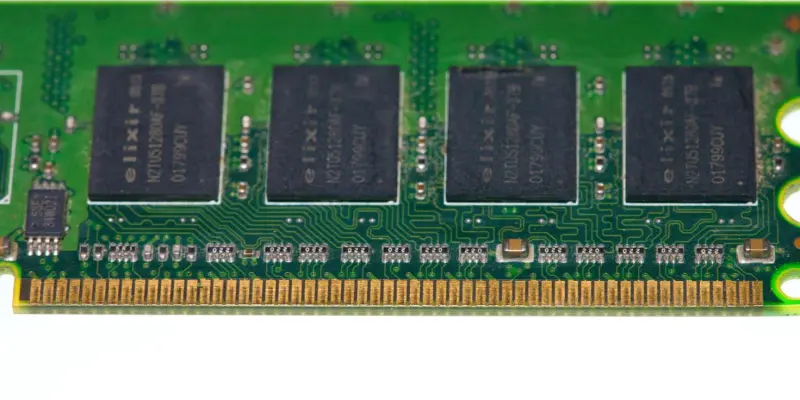In the rapidly evolving landscape of computer memory technology, G.Skill’s introduction of the Trident Z5 NEO RGB DDR5 memory kit signifies a major advance in balancing high frequency with substantial memory capacity. This innovative product is setting a new benchmark, offering a remarkable 128 GB capacity while achieving overclocking speeds of up to 8400 MT/s. Such a combination was once a formidable challenge in the realm of memory technology, reflecting G.Skill’s adeptness in overcoming traditional barriers. These advances are pushing the boundaries of what’s possible, not only in terms of capacity but also in performance, transforming expectations in fields requiring extensive computational power. This evolution in DDR5 memory technology resonates well with users whose tasks involve AI model development, high-resolution content creation, and machine learning, where swift data-processing speeds are essential.
The Impact on Computing Applications
The compatibility of the Trident Z5 NEO RGB DDR5 memory with state-of-the-art motherboards highlights its importance in current high-performance computing settings. Pairing specifically well with AM5 motherboards, such as the ASUS ROG Crosshair X870E APEX and the Ryzen 9 9950X3D processor, it caters effectively to professionals needing robust computational capabilities. Its stability at remarkable speeds, confirmed by the RunMemtestPro tests, strengthens its suitability for demanding tasks. This aligns with industry trends by focusing on increasing both speed and capacity in DDR5 modules. G.Skill’s developments show a move towards using the latest platforms like AM5, targeting exceptional performance for intensive applications. This move indicates a leap in technology, with potential advantages for diverse high-performance scenarios. Since 2025, memory technology has experienced significant transformations, and advancements like G.Skill’s demonstrate the vast possibilities in combining speed and capacity, reflecting a future tailored for complex, data-intensive tasks in varied sectors.

